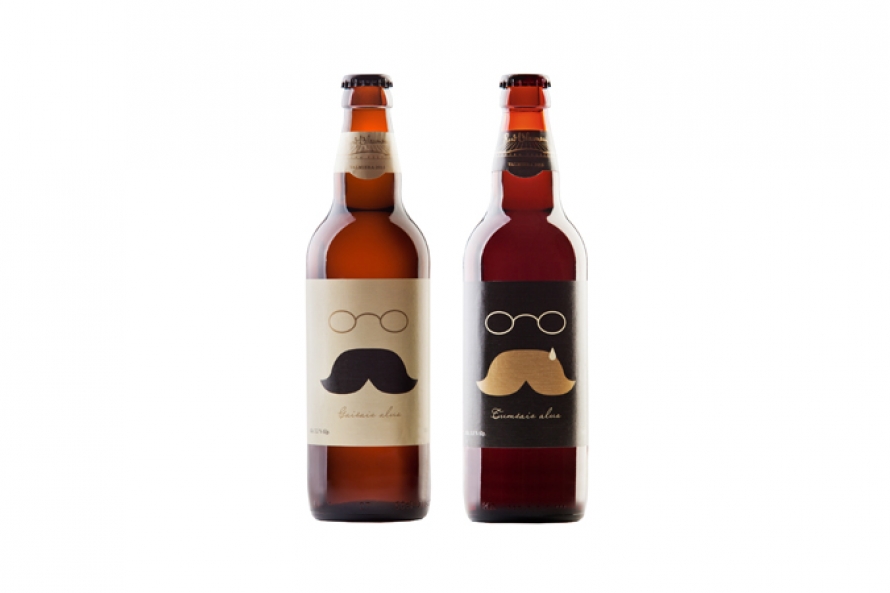The hosts have gone to a lot of trouble, but they are so keen to impress, they are on edge. It's the first time they've cooked that sort of food or mixed those drinks, so they don't get it quite right. People keep tripping over candles. The droning music makes it hard to talk at the table.
No-one has much fun. Secretly, everyone wishes they had cooked steak and french fries, uncorked a few bottles of wine and maybe put the radio on in the background until everyone loosened up and started gossiping and joking. Instead, everyone is very polite, pretends to enjoy the slow torture and leaves by midnight.
There's a possibility something similar might happen with Latvia's forthcoming 'Presidency of the Council of the European Union', which everyone just calls the 'EU Presidency' and is not to be confused with the President of the European Commission, the President of the European Union or the President of the European Parliament, all of which will be visiting Riga during the six-month stint. Maybe the President of the Council of Europe too, though that's another story.
On Wednesday Latvian officials flew to Brussels to brief people there about the grand Latvian dinner party and what will be on the menu: starter 'Competitive Europe', main course 'Digital Europe' and a dessert of 'Engaged Europe', the whole thing washed down with liberal amounts of Eastern Partnership.
The very next day, Brussels officials flew to Riga for another briefing. Here is the first warning sign that perhaps we're over-complicating the preparations a bit: as everyone was already in the same place, wouldn't it have saved a lot of time and expense to just explain the whole thing again in Brussels over mussels and a trappist beer?
Meanwhile journalists are being asked to work through complex accreditation forms for the dozens of meetings, conferences, panels and discussions Riga will host and the public are being warned that they will face inconveniences due to road closures, security measures and the brand new National Library being out of bounds for a large chunk of the first half of the year.
Essentially the EU Presidency is a matter of getting the right people to the right meetings in the right places at the right time. In that sense it is very much like a party: get people together, provide food and drink, hope for the best.
The overwhelming majority of the EU population will have no idea who holds the rotating presidency. They may know when it's their country playing host, but generally neither know nor care. The EU presidency is a big deal inside Latvia. It is not a big deal beyond its borders.
And holding the Presidency of the EU is not an honor, it's a duty, a bit like being the last in your circle of friends to host a party. Everyone else has done it, so now it's your turn. The worst thing you can do under such circumstances is try to outdo previous parties or - worse still - use the occasion to showcase your wonderful house.
The good news is that of all of the previous Presidencies, not a single one has been judged to be a failure.
In fact the only way it could be judged a failure is if the organizers manage to put the wrong people in the wrong rooms at the wrong buildings at the wrong time - though that might actually produce some rather interesting results, like those strange parties that are a roaring success despite the fact they take place in a cramped and seedy flat with bad booze, inedible food and music that's way too loud.
If the guests relax and hit it off, it's a roaring success. If everyone is on edge, it will be a painful experience - and let's not forget this party is due to last six months. It has the potential for a massive hangover.
Because no matter how carefully you prepare your party, in the end it's the people that make it, not the food, not the drink and certainly not an over-fastidious host.
So let's welcome our guests with a smile at the door and make them feel at home, but let's not try to micro-manage their "engagement" or give them a guided tour of the house. They can wander around and discover it for themselves.
Friendships will be formed, and in the very best cases a couple of guests - perhaps France and Germany? - can slip out into the garden while everyone else speculates about what they're up to.
Views expressed are the writer's own.
































